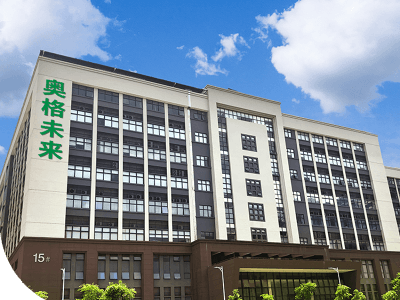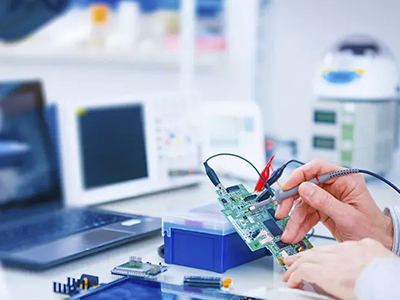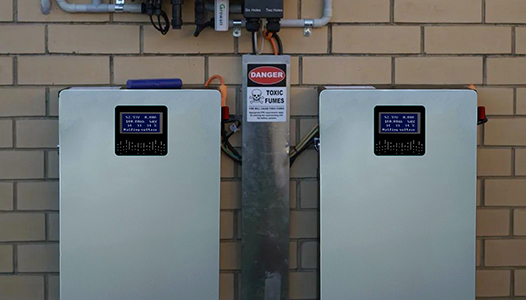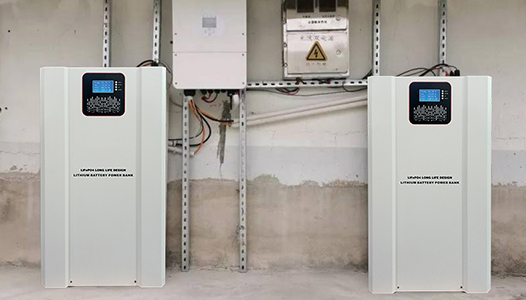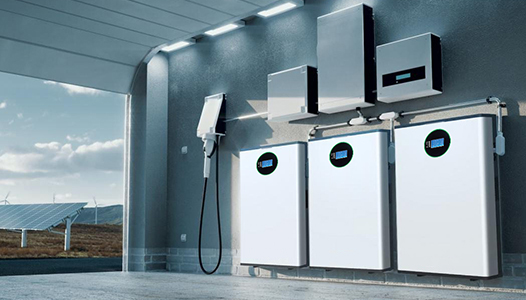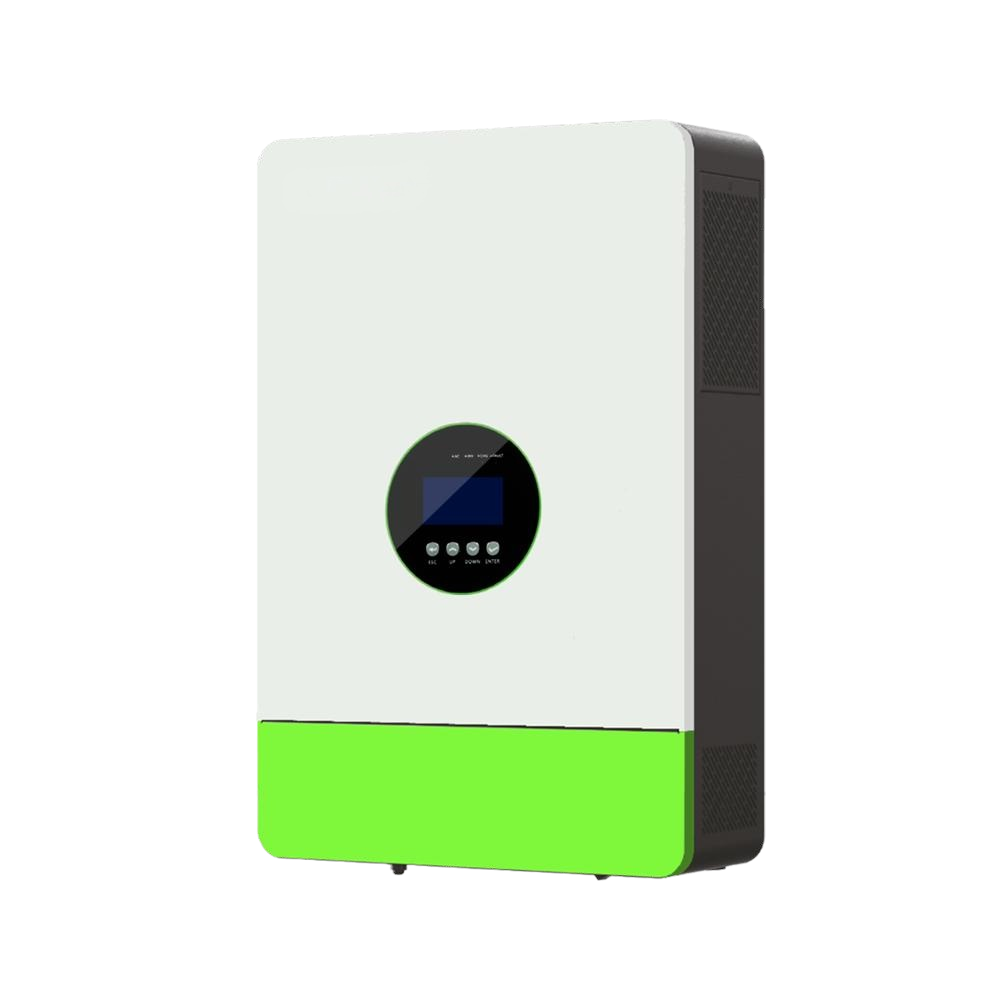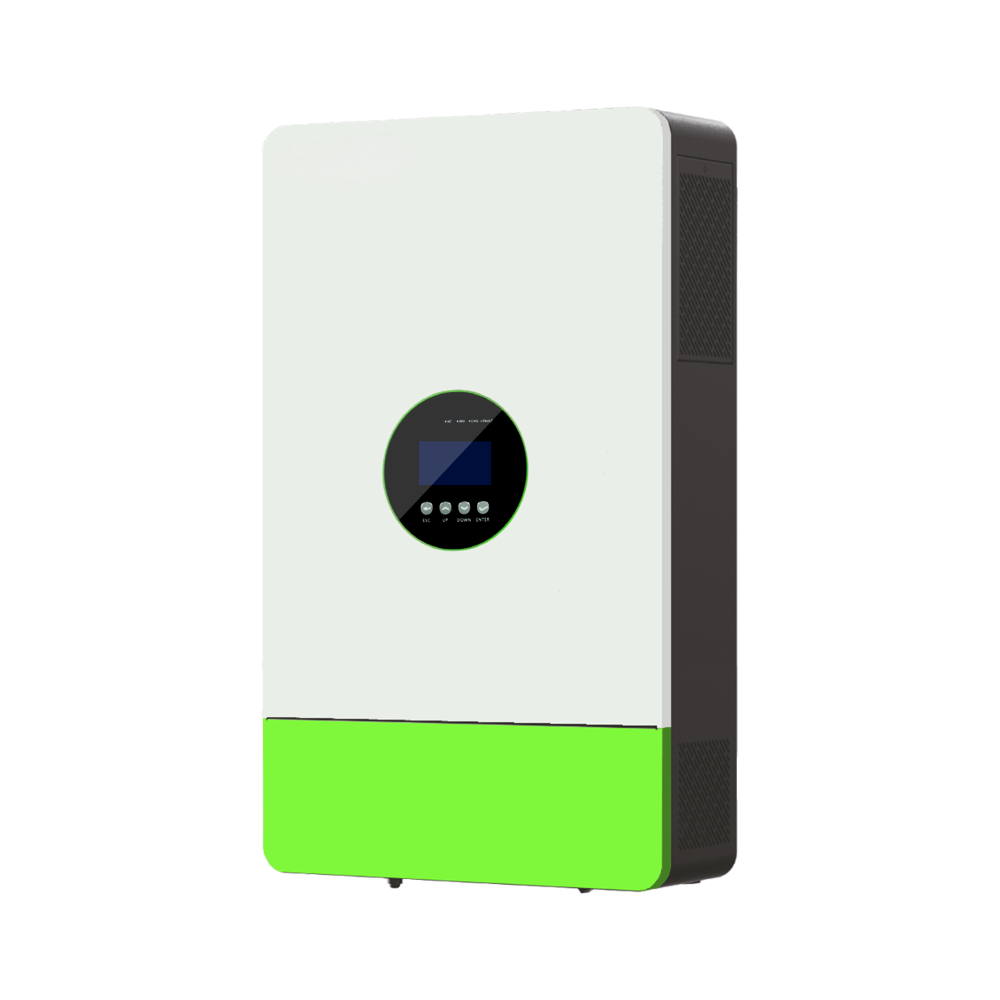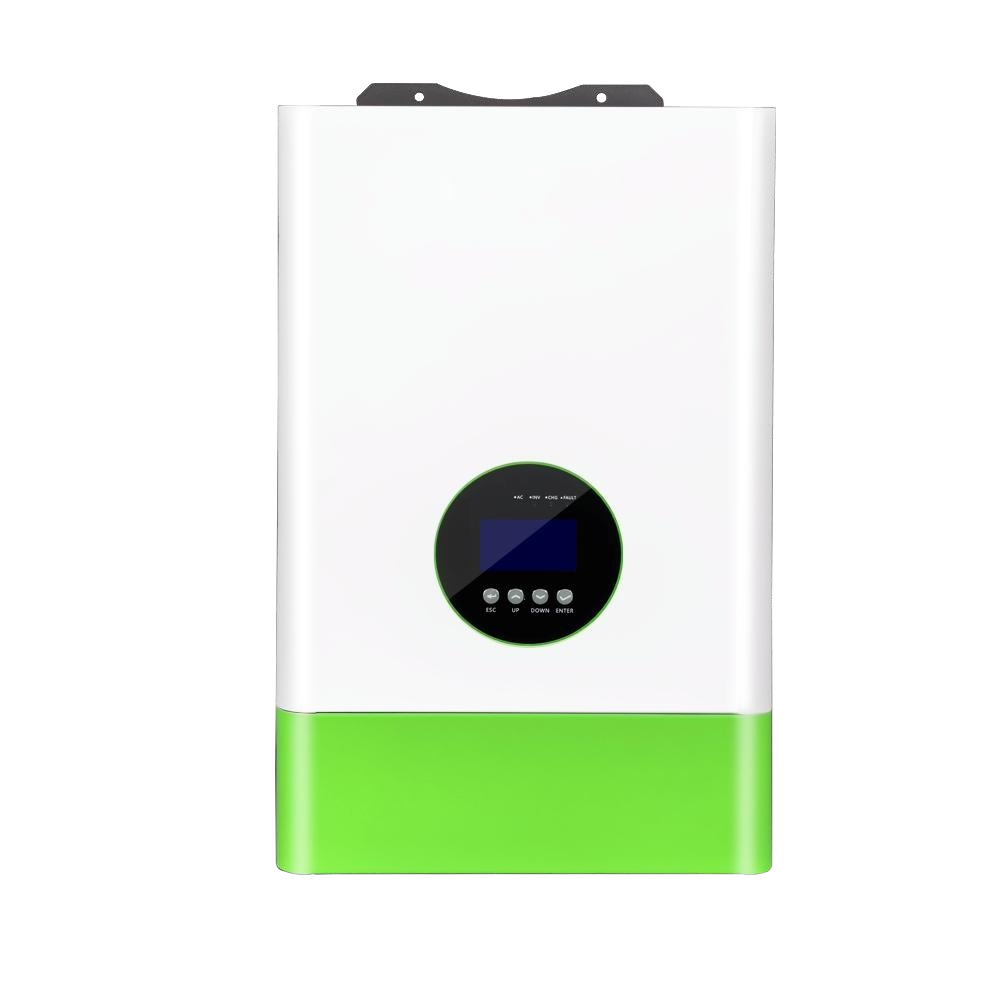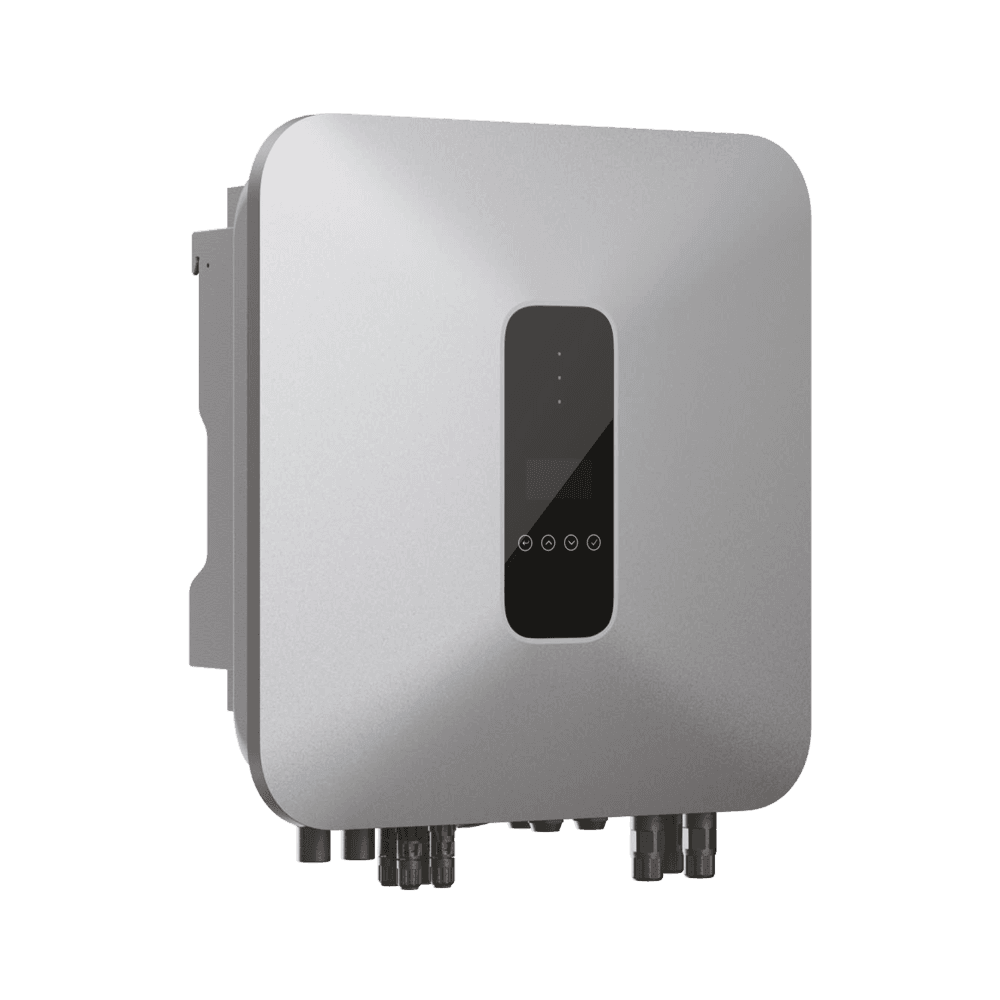 Home
/
News
/
Company News
Home
/
News
/
Company News
How do I assess the capacity of my inverter for my off-grid solar system?
2025-10-07
When building an off-grid solar system, an inverter is a crucial component that converts the DC power collected by the solar panels into AC power for use in your home or office. The capacity of an inverter is one of the key factors to measure its performance. The right approach to assessing inverter capacity can ensure that the system can meet your energy needs while also saving energy and costs.
1. Consider the electricity needs of your home or office
You need to consider the electricity needs of your home or office. Based on your daily electricity usage, you can estimate the inverter capacity you need. Consider appliances and lighting devices used on average daily and calculate their total power needs. Make sure you take into account all possible appliances and devices in order to get accurate electricity needs.
2. Determine the peak power of the inverter capacity
The peak power of an inverter's capacity refers to the maximum power that the inverter can provide. Depending on your electricity needs, you can calculate the peak power of the inverter capacity. Make sure to choose an inverter with a large enough capacity to meet the energy supply during peak demand.
3. Consider the efficiency of the inverter
The efficiency of an inverter refers to its ability to convert DC power into AC power. Efficient inverters can convert more solar power into usable electricity, improving energy utilization throughout the system. When choosing an inverter, give preference to products with high conversion efficiency.
4. Understand the capacity standard of the inverter
When choosing an inverter, it is recommended to refer to international standards or relevant industry standards. These standards cover the recommended range of inverter capacity to guarantee the proper operation and reliability of the inverter. Make sure to choose an inverter product that meets the requirements of the standard.

5. Understand local solar energy resources
Understanding local solar resources is also important in choosing inverter capacity. Know local solar radiation levels and light hours to better estimate the energy output of your system. At the same time, the choice of inverter capacity can also be adjusted according to local weather conditions and seasonal changes.
Conclusion:
The right approach to evaluating the inverter capacity of an off-grid solar system can ensure that your energy needs are met and your system's performance is optimized. By considering factors such as electricity demand, peak power, inverter efficiency, capacity standards, and local solar resources, you can choose the right inverter capacity to achieve your goals of efficient energy utilization and cost savings. Choosing the right inverter capacity is an important step in building an off-grid solar system and a key factor in keeping your system running efficiently.
-
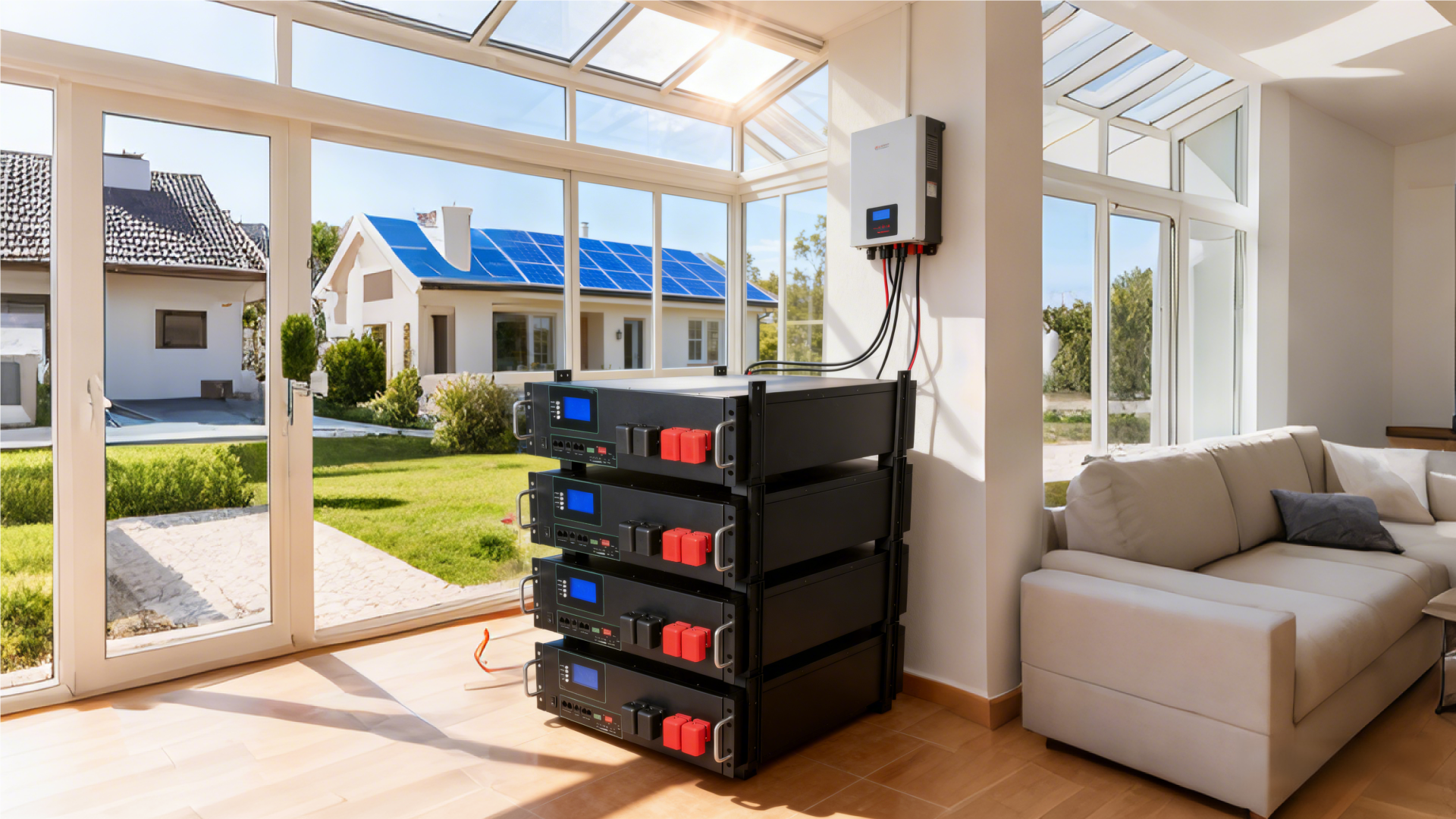
Core Guide to Home Energy Storage: How to Precisely Configure Lithium Iron Phosphate Batteries and Inverters
2025-11-27 -

Analysis of Core Components of Home Energy Storage Systems
2025-11-25 -
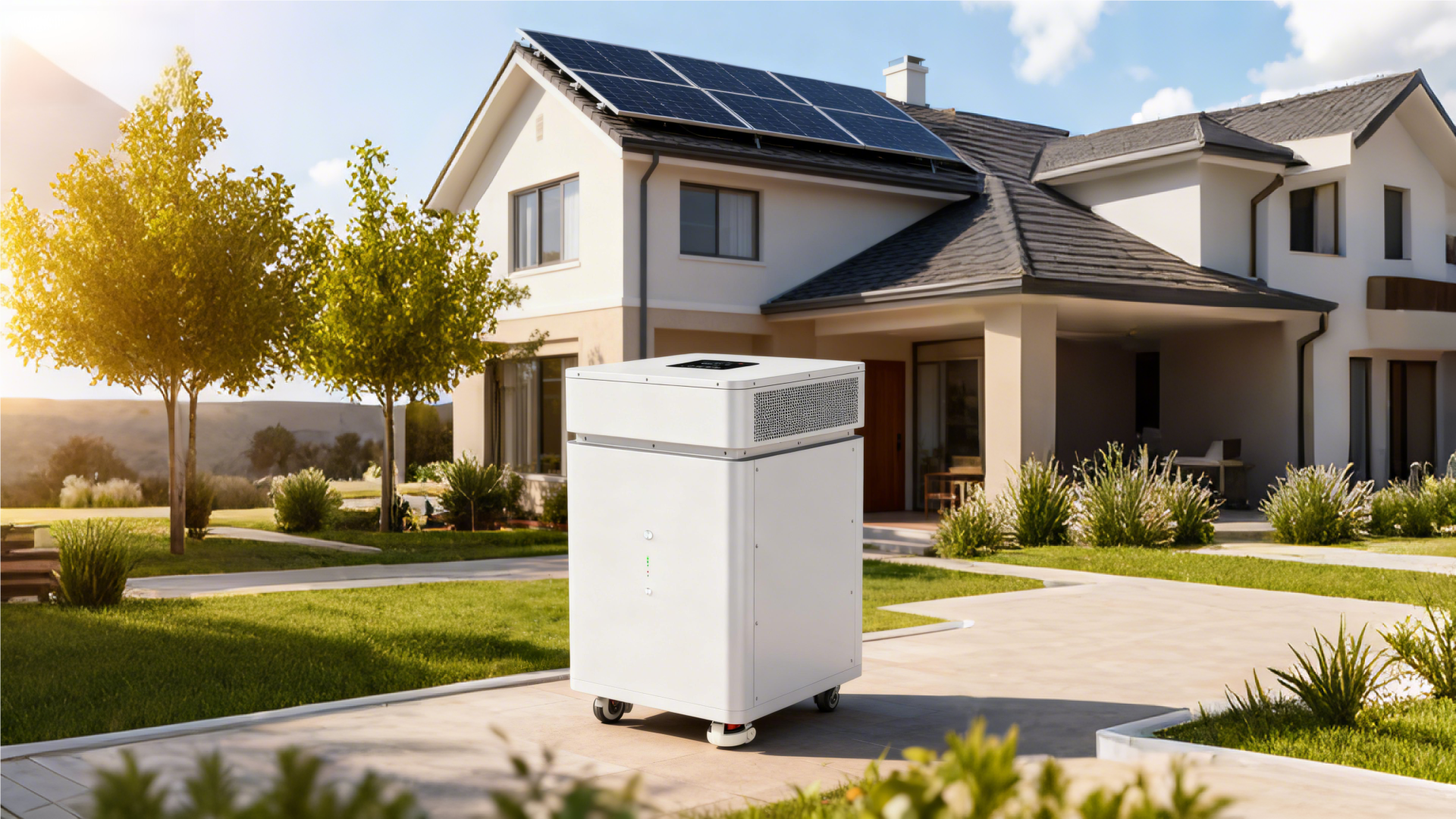
Energy storage inverter integrated machine: Initiating a new era of smart energy management
2025-11-24 -
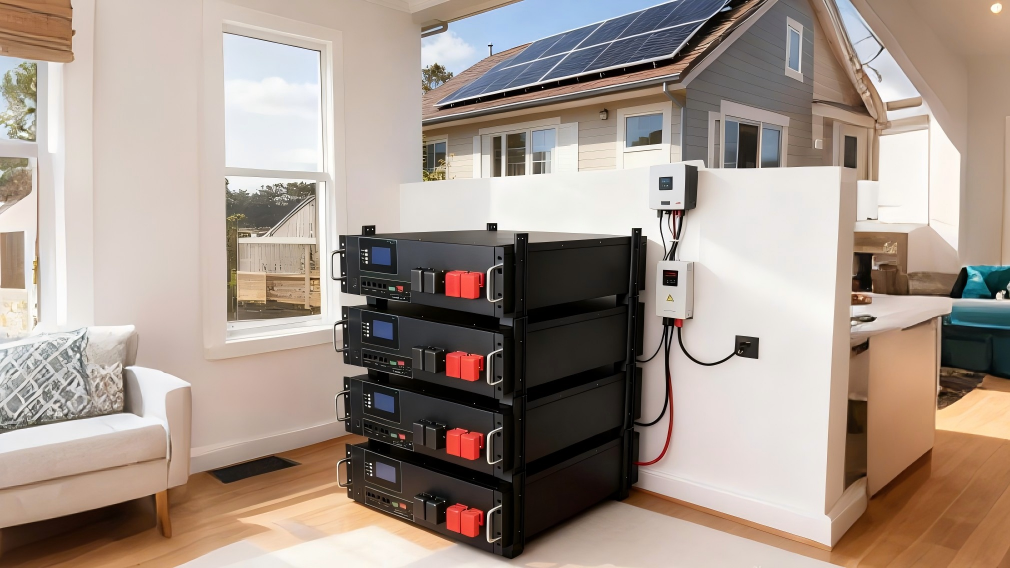
A new pillar of household energy storage: Stacked lithium iron phosphate batteries
2025-11-21


